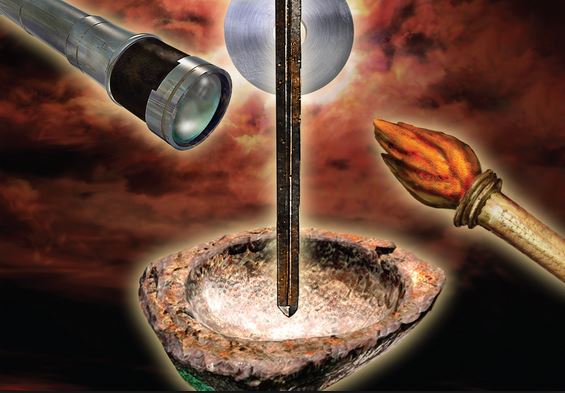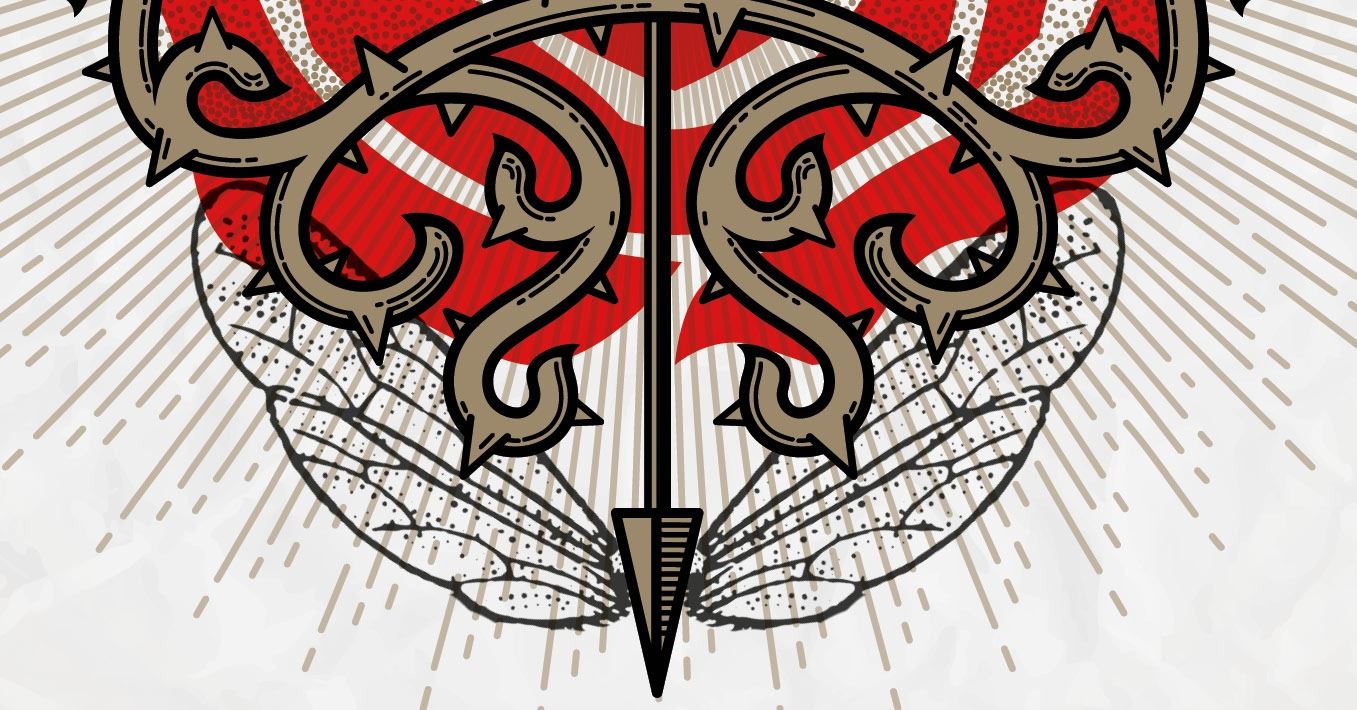
-
Welcome to the AustLit Teaching with Fantasy Learning Resources
We are delighted to be delivering a rich collection of teaching and learning resources for these inspiring and exciting texts.
Click on the tiles to find links to teachers' notes, lesson ideas, author biographies and links to details of all of each authors' works.
-
-
-
The Teaching with Fantasy workshop directly targets the requirement in the Australian Curriculum: English for students to be reading and analysing a range of texts, to include fantasy and speculative fiction, including literature from Australia. Moreover, the authors represented at the PD day explore themes of interpersonal relationships and ethical dilemmas. More specifically, the day hits a number of content descriptions, including the expectation that students:
-
reflect on ideas and opinions about characters, setting and events
examine the way language is used to create characters and influence reader’s emotions
analyse the ways that characterisation, events and setting combine in narratives
recognise and explain differing opinions about the world as represented in texts
analyse, interpret and use various uses of text structures, language and techniques, including to create tone
explore notions of literary value and why such notions vary according to context
evaluate the appeal of an individual author’s style
explore and reflect on personal understandings of the world and significant human experiences gained from interpreting various life matters in texts, including fantasy stories
-
This is just a small selection of specific links to the Australian Curriculum drawn from the Literature Strand alone, and across Year 7 to 9.
You might be interested in...













